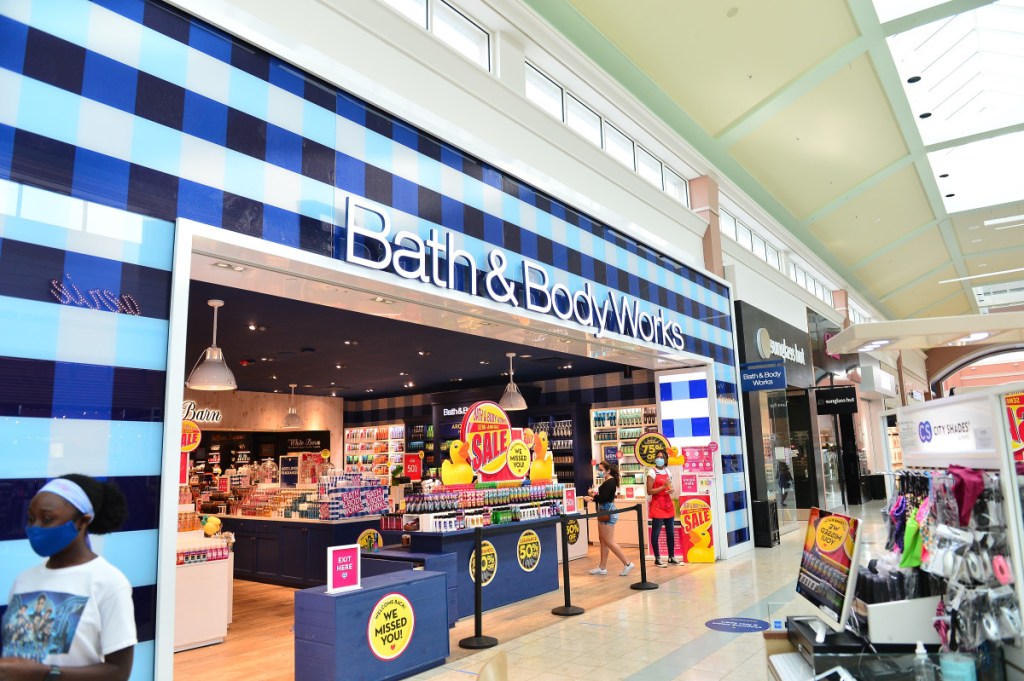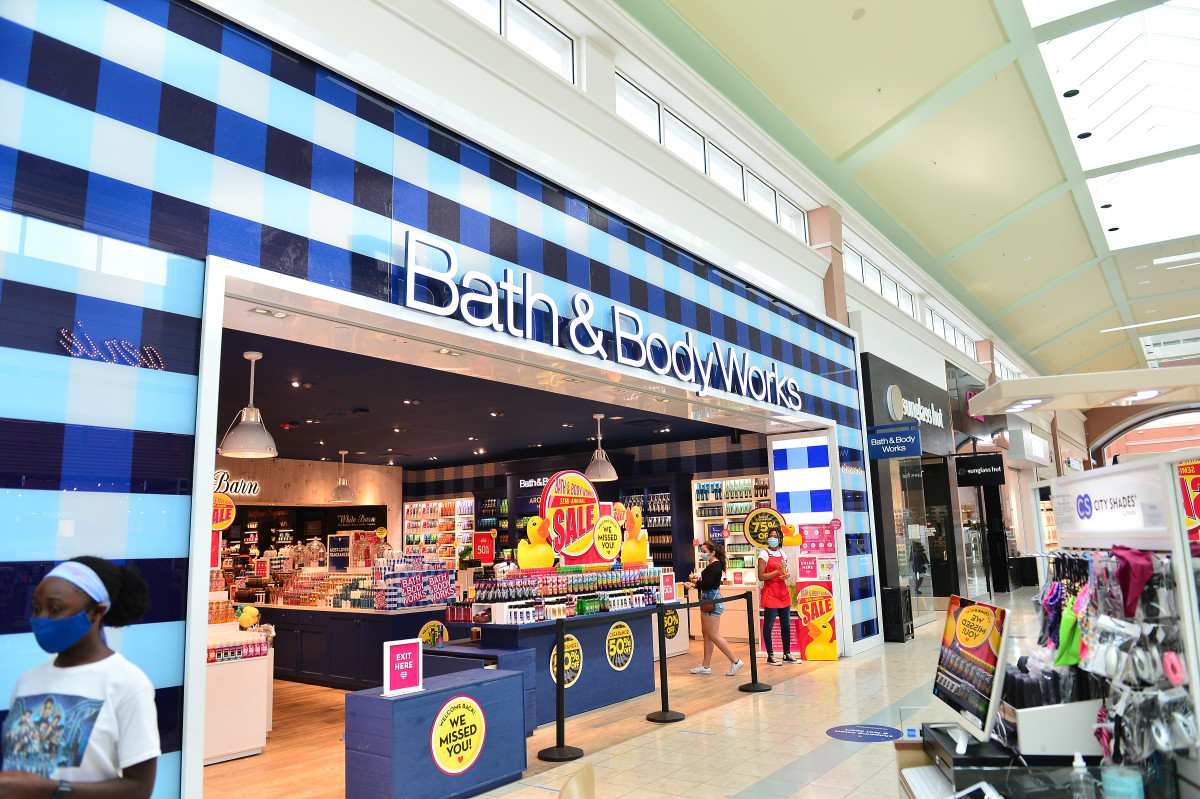Popular retailer makes a major change following customer demands
Published 1:34 pm Monday, January 22, 2024

- An employee with a face mask stands at the door as a customer enters a Bath & Body Works store on July 21, 2020 in Pembroke Pines, Fla.
One of the biggest changes in the personal care and beauty industry has been the shift toward sustainability.
Trending
An increasingly conscious consumer base has begun demanding brands use “clean,” safer ingredients that are potentially less-harmful and contain fewer additives that may irritate or sicken its users.
Related: Target shoppers quickly buying up popular new celebrity item
LVMH (LVMHF) – Get Free Report -owned Sephora, for example, began selling products with a “Clean at Sephora,” label years ago. The label is attached to hundreds of items that do not contain ingredients like “parabens, sulfates SLS and SLES, phthalates, mineral oils, formaldehyde, and more,” as Sephora puts it.
Trending
Everything from perfumes to shampoo is getting the clean treatment. Even Amazon (AMZN) – Get Free Report recently began adding a green label with a leaf to many of its products to demonstrate to buyers that certain products contain safer ingredients.
And selling nontoxic is good business. While the debate over what’s really clean (is alcohol safe? What about foaming agents? And is all added fragrance bad?) rages on, sales of cleaner personal products continue to skyrocket. Circana finds that 65% of consumers prefer to buy products with “clean” ingredients on their labels. Clean beauty was expected to reach an $8 billion valuation by the end of 2023.
So this puts the pressure on stalwarts and incumbents who have made a mint selling highly aromatic, sudsy, antibacterial products. One such brand is Bath & Body Works (BBWI) – Get Free Report, which has seen something of a monumental resurgence since late 2020.
Bath & Body Works makes a major change
Bath & Body Works was an early 2000s darling. Mostly located in malls and other high-foot traffic shopping centers, the company was responsible for many of the most nostalgic smells many of us now associate with adolescent-hood. The company’s beloved Warm Vanilla Sugar scent was seemingly ubiquitous in every seventh grader’s locker. And it had many other beloved scents: Sweet Pea, Cucumber Melon, Sun Ripened Raspberries, Japanese Cherry Blossom, and even some more esoteric smells, like Gingham and Moonlight Path.

Now, though, Bath & Body Works has grown up. Its stock hovered around the $5-$10 range throughout much of the 1990s-2000s. Its vast popularity carried it through the 2010s, but when covid hit, stores largely shut down and nobody was really up for smelling anything. Especially in public.
But something miraculous happened after the pandemic. Thanks to a resurgence in shopping and a profitable reorganization with parent L Brands, Bath & Body Works was able to come into its own. It began churning out more adult-directed fragrances and products (especially soap and hand sanitizers). The brand, it seemed, had grown up. Fragrances like Champagne Toast and Kitchen Lemon were suddenly top-sellers. And it expanded into a men’s line, too.
The financials were sound too. Its most recent quarter, Q3 2023 reported an earnings beat and a net income of $119 million — up over 30% year-over-year.
But many wellness bloggers began to detract from Bath & Body Works’ success. A cursory Google search about the company might return some concerning points about the ingredients used in its candles, lotions, and and other household products. And in a world where clean beauty is suddenly king, Bath & Body Works needed to pivot.
So in January, the company announced it would be tweaking the ingredients in many of its most popular products in an effort to align with its more clean-concerned customers.
“Our customers come to us because our products delight the senses and deliver creamy, sudsy and clean results in fragrances they love,” Julie Rosen, President at Bath & Body Works, said. “We know what we put into our products is just as important as what we’re taking out, so we’re thrilled to offer a reformulation across our body care assortment that protects the integrity of our beloved fragrances, provides the ingredients and high level of performance our customers love and expect, while removing the ingredients they no longer want.”
Mostly, the reformulation means eliminating sulfates, parabens, artificial dyes, and using more sustainable plastic containers. Both the body cleansers and the body moisturizers will see the change.
Related: Veteran fund manager picks favorite stocks for 2024









